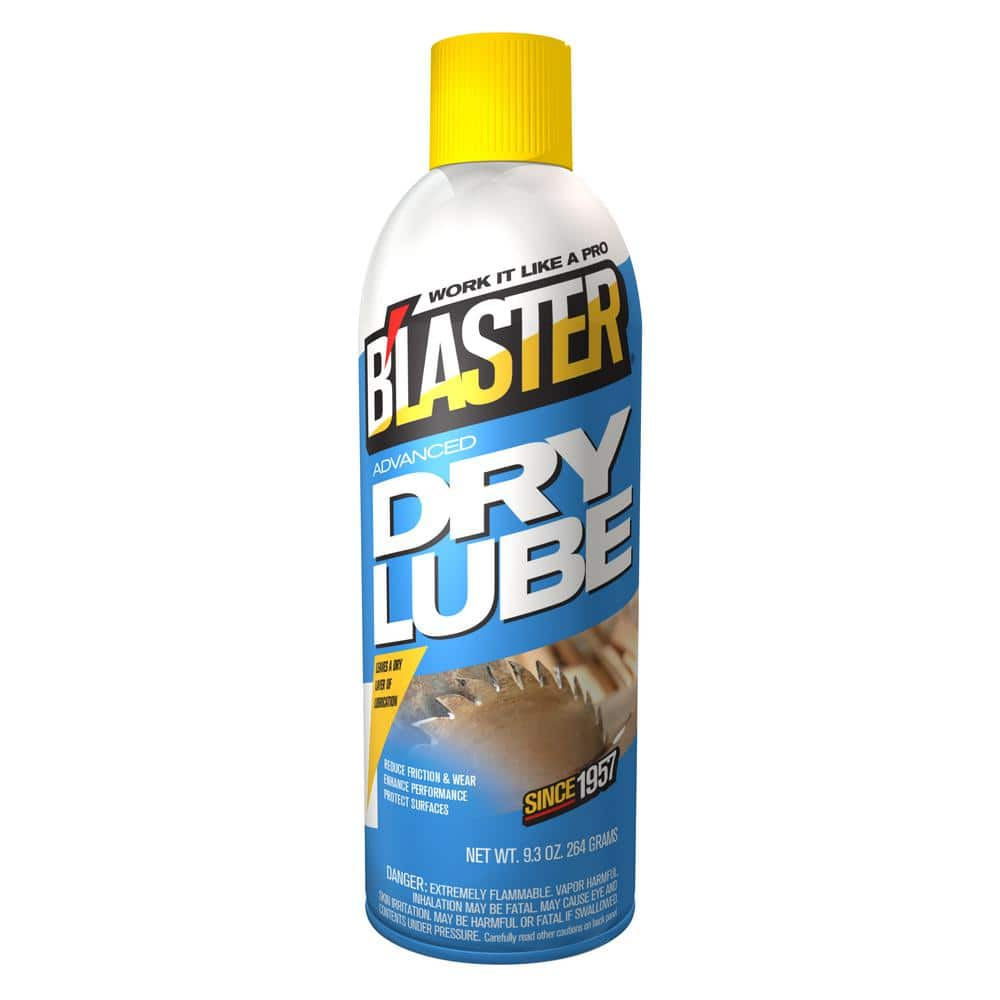Ballistol, CLP, silicone grease, silicone oil, Moly, dry Moly, and on and on. Each does have a specific purpose, but what? Isn't lube basically a lubricant that lubricates moving parts and protects surfaces from corrosion from moisture. What could go wrong? Well, here is one from me. In the cocking lever section of my taipan vet I removed the top block where the cheek rest is and saw it needed some TLC to make the cocking action smoother as it was so I decided to apply some Moly in the spring section as well as the front where the pin moves back and forth and along the pin probe. Worked fine for a month, then I found the cocking action becoming real gummy and sticky requiring more effort than it ever did. I opened the cocking section back up and applied some ballistol to clean the mess I created up. worked great- for a time. Today I opened it up again and went in with silicone oil and Q tips and rubbed all traces of moly I could see, applied repeatedly untill all was shiny and slick. Now it's reassembled and working like it should.
I don't know how long the silicone oil will last, it should be longer than ballistol, or would silicone grease be better for this application, or is basic white lithium grease the answer? Your thoughts on what lube is best where?
I don't know how long the silicone oil will last, it should be longer than ballistol, or would silicone grease be better for this application, or is basic white lithium grease the answer? Your thoughts on what lube is best where?
